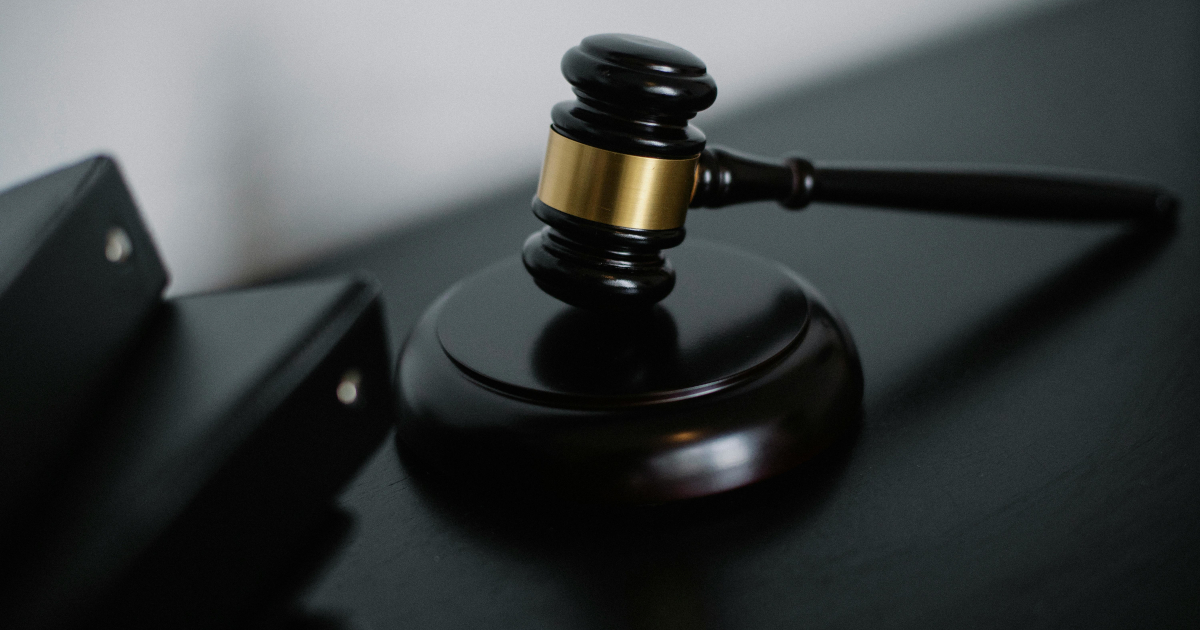Florida Highway Patrol Outlines Driver Rights and Protocols at DUI Checkpoints

Summary
Full Article
The Florida Highway Patrol has issued comprehensive guidance for drivers encountering DUI checkpoints, emphasizing both public safety measures and individual rights. These checkpoints, established in areas where impaired driving is likely to occur, represent a critical intersection of law enforcement authority and civil rights.
At these checkpoints, law enforcement officers establish road barricades where they screen drivers for signs of intoxication, including bloodshot eyes, alcohol odor, and visible containers. While drivers must provide basic documentation such as license, registration, and insurance, they retain significant legal rights during these encounters.
Legal experts note that drivers are not obligated to answer questions about their destination or alcohol consumption. The recommended response to such inquiries is a respectful but firm statement declining to provide additional information beyond necessary documentation. This balance between cooperation and rights preservation is crucial for both law enforcement and civilian interests.
The checkpoint protocol carries significant implications for Florida's approach to road safety and civil liberties. While refusing a breath test is permitted, it may lead to additional complications, including potential blood tests if accidents with serious injuries are involved. These protocols reflect the ongoing tension between public safety measures and individual rights protection.
Understanding these checkpoint procedures is increasingly important as Florida continues to balance aggressive DUI enforcement with constitutional protections. For drivers, the impact extends beyond simple traffic stops to fundamental questions of civil rights and law enforcement interaction protocols.

This story is based on an article that was registered on the blockchain. The original source content used for this article is located at 24-7 Press Release
Article Control ID: 35298